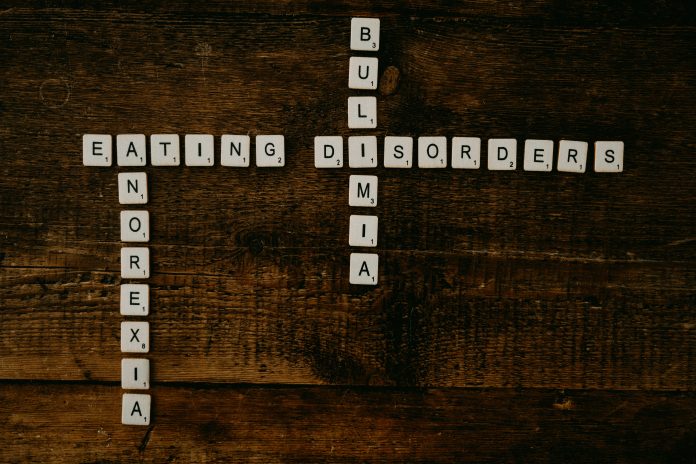Eating disorders affect people of all genders, sexual orientations, ages, socioeconomic class, abilities, race, and ethnic backgrounds. They are serious mental illnesses that can be life threatening, regardless of body size or weight.
While people may be concerned about their body image and aware of these thoughts, serious obsessions with food, body weight and/or shape may be signs of an eating disorder.
What is an Eating Disorder?
Eating disorders are illnesses that affect the brain, which influences judgement and emotions. There are several different kinds of eating disorders, but the most well-known are anorexia nervosa, bulimia nervosa, and binge eating nervosa. All eating disorders can be associated with serious medical and psychological complications and early detection and intervention are important.
Who do Eating Disorders affect?
Misconceptions that eating disorders are a lifestyle choice or only affect certain people continue to be common. Despite these misconceptions, anyone can develop an eating disorder. They do not discriminate and can be seen in all genders, ethnicities, sexual orientations, and socioeconomic backgrounds.
While eating disorders are most commonly seen in teens and young adults, they can also develop in children or later in life. There are studies that show people over the age of 60 can experience eating disorders, however this age group needs more research. In Alberta, up to fifteen per cent of females and eight per cent of males between ages 15 to 71, report symptoms that may warrant an eating disorder diagnosis or treatment.
Signs of an Eating Disorder
Individuals with eating disorders may not show obvious signs that they are ill and healthcare providers and loved ones may miss the warning signs. One cannot confirm an eating disorder based on physical appearance.
Changes in weight are not the only sign. The majority of those with eating disorders are not visibly underweight. People who are low, average, or higher in weight can have eating disorder symptoms and individuals at any weight may be malnourished.
There are numerous signs to watch for. Generally, if the way one eats or thinks about food interferes with life and prevents one from enjoying life, that may be a sign to reach out to a talk to someone.
Eating disorders can also worsen medical symptoms from other diagnoses such as irritable bowel syndrome, migraines, and diabetes. Many people with eating disorders may not recognize the seriousness of their illness and may hesitate to seek treatment because of embarrassment, shame, guilt and feeling self-conscious about their eating behaviours.
What To Do If You Recognize Signs of an Eating Disorder?
If you feel like you, or someone you care about, may have an eating disorder, you are not alone, and help is available. Full recovery from an eating disorder is possible.
Reach out to your healthcare provider or call the AHS Mental Health Help Line at 1-877-303-2642.
For more information about eating disorders visit the Eating Disorder Support Network of Alberta at edsna.ca or National Eating Disorder Information Centre at nedic.ca.










